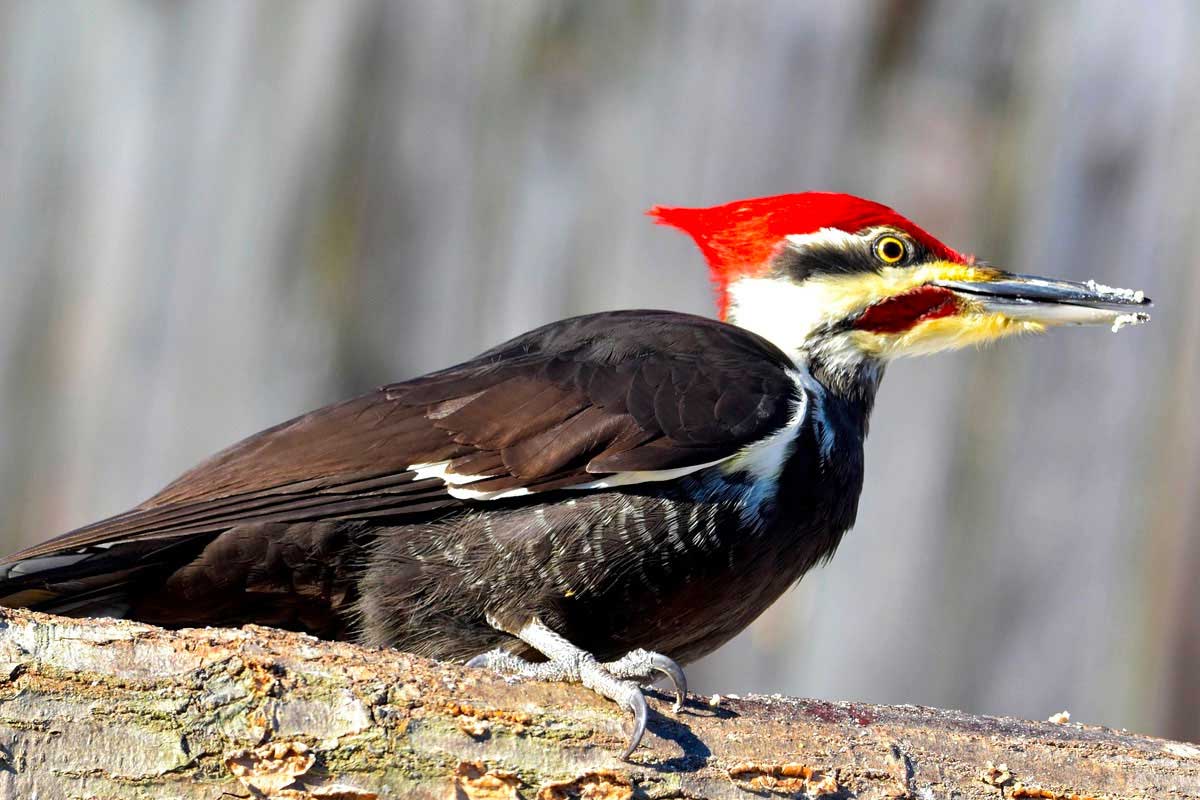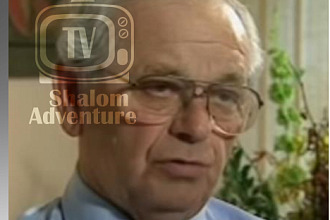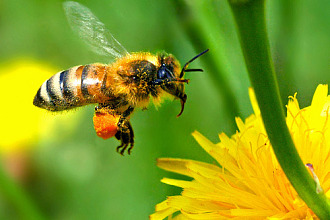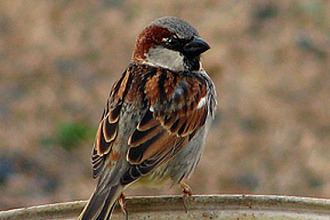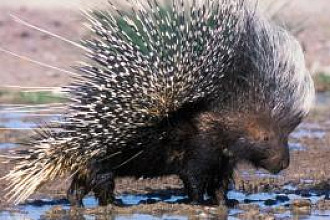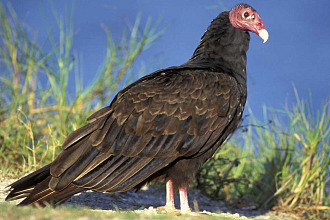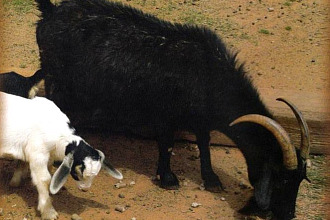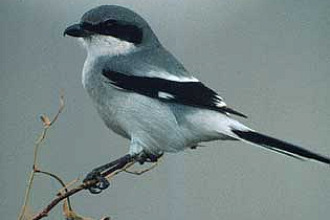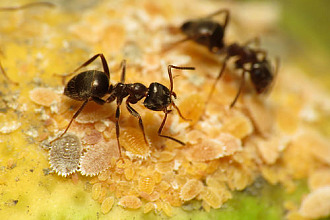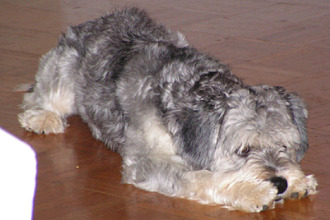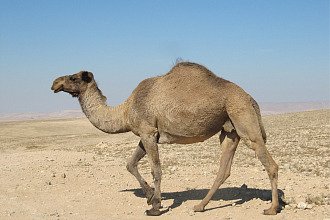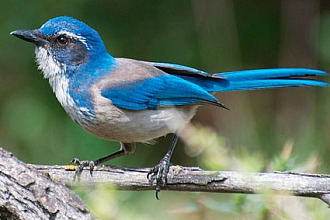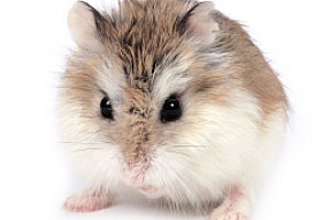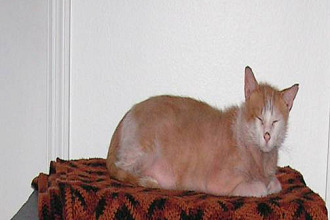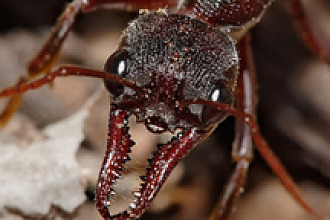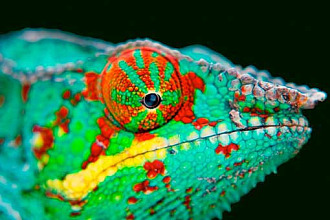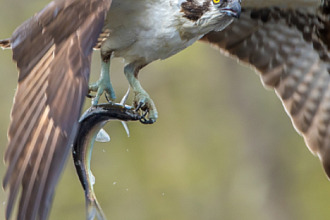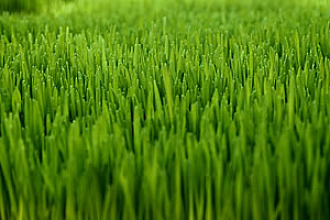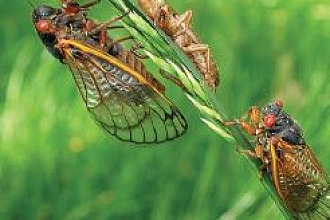Woodpeckers seem to delight in pecking and pounding with their beaks into trees—or drumming onto metal for the sheer joy of the sound as they establish territory and attract mates.
But the pounding into trees (or wooden structures) not only gets attention and creates sound, but it also opens cavities for woodpecker nests, fresh and new each year, while the ones from previous seasons may not be of interest—to them at least. But it's not by accident they prepare a new wood-chip-lined nest for their eggs. Their Creator knew the old no-longer-used woodpecker nests would be just what some small owls, swallows, wrens, chickadees and bluebirds need for their babies, but do not have the ability to drill for themselves. So the kindly Creator programmed the woodpecker to be the "bird contractor" so that other birds, dependent on holes they can't dig themselves, would find them available when they were needed. By the way, in the North, some woodpeckers never migrate. They stay in their nest cavities safe and snug during cold winters. (Some nests are 18 inches down into the tree!) The woodpeckers then feed on insects they find within that tree during cold snowy days.
Since no other bird was built for the job, how does the woodpecker pound away making openings in bark all day without a massive headache or losing his vision? The secret is in the design the Maker created for this creature. First, while the necks of other birds are small and weak, the woodpecker's neck is strong. Also the brain of the woodpecker is surrounded by a cushion of soft material we might liken to the padding we put around an electronic item when shipping. Only the woodpecker has or even needs that padding in his head! The velocity of thousands of pounding beak strikes daily—each up to 25 miles an hour—is such that he would lose his vision if his eyes were open. However the woodpecker's eyes are programmed to shut at each impact beak strike, then their eyes open afterwards for an instant before the next strike. It all happens in a fraction of an awesome not- by-accident moment!
All birds that perch have three toes forward and one behind. But the Creator gave the woodpecker two toes forward and two behind—giving him the ability to balance himself vertically against a tree trunk or pole for extended periods. That extra "backward" toe acts as a "thumb," useful for his special upright angle position. Plus the woodpecker has very stiff tail feathers he can lean back on, right against a tree, to obtain balance. The Designer's not-by-accident planning was perfect to keep him comfortable for drilling in the upright position.
The woodpecker's beak itself is a real drilling tool, but before drilling the woodpecker listens closely as he taps into the bark (as we might tap on a watermelon to know if it is ripe). The sound tells him if there is a hollow area inside suitable for a nest, or, if he's hungry, he can hear if there are insect movements inside, below the bark.
The rest of the woodpecker's "hardware" is unique also. The tongue, in at least one species, is as long as the bird's entire body—and attached at a spot in the back of its mouth—then stored in a tube that encircles the bird's head. Once the opening in the wood is drilled, out comes that long tongue from its tube, and in it goes, into the tree, probing to find a tasty morsel. But besides its length, it's not a typical bird tongue. This not-by-accident piece of equipment has a barb on the end to snag its food, and has a gooey substance all along it—to trap insects as well as scoop up sap when that tasty item is the object of the drilling. Next, when the tongue is recoiled back into the beak, another substance within that woodpecker's mouth dissolves the gooey substance on the tongue, releasing the item for ingestion.
Everything works together simultaneously for the woodpecker, designed in a moment by a Creator who not only loves the woodpecker but the other birds He made .4Y dependent on the woodpecker's drilling ability! And if He so loved the birds and all the other creatures He created, how much more He surely does love us!
"NOT BY ACCIDENT" (c) Juanita Kretschmar is used by permission and was first published in the book "Not By Accident 2" page 45.

